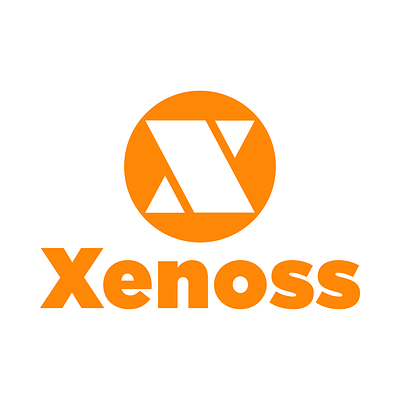Technical Product Manager
Required skills:
— Ability to design product features from idea to detailed spec— Ability to clearly communicate technical issues to non-technical audiences— Software requirements management experience— Software acceptance testing approaches knowledge— Deep knowledge and understanding of Agile-based SDLC— Product metrics analytics experience— Deep knowledge in digital marketing and advertising domain
What will you do
Product road-mapping
— Make product scope prioritization— Define features evolution plan. Keep it up-to-date.— Define and agree on the product release plan with the Business and Delivery. Keep it up-to-date.— Balance product roadmap to satisfy key stakeholders like clients, the executive team, the marketing team, the sales team, and the engineering team.
Requirements management
— Design key usage scenarios— Elaborate and document product requirements
Product building
— Specify and represent the goals and limitations of the development team— Keep traceability between business tasks and technical tasks— Design and plan product increments with the development team sprint by sprint— Provide feedback to the dev team daily and every sprint to ensure the solution is in line with product strategy. Participate in sprint demos and sprint retro meetings.— Ensure product acceptance in cooperation with test engineers— Consult engineers on product-related questions— Explain technical problems to Business— Conduct internal workshops to keep product knowledge among engineers— Support and development of product wiki
What you will get
— Teams of people who love programming— Complex technical challenges with big data/high-load— Freedom to make your own engineering decisions and broad space for creativity— Modern technology stack to work with— Work remotely or from the office options on a flexible schedule— Long-lasting projects— Financial compensation for professional events and education— Opportunity to choose the equipment you like
Project
LightAd is looking to develop a proprietary performance-oriented DSP with an embedded optimization module supporting various billing models, including CPM, CPC, and CPA. The main goal is to bring the technology in-house and receive all the benefits of owning the IP, such as:Customization: LightAd should have full control over the functionality of the solution. The solution’s ability to meet various business needs and requirements will set LightAd apart from the competition.Scalability: LightAd DSP should be designed to scale as the business grows and have the flexibility of adding new features and capabilities. The constraints of white-label solutions will no longer be an obstacle for the business.Security and compliance: Owning the IP allows the implementation of robust security measures, better control over data privacy, protection against security threats, etc.Long-term cost savings: Owning the IP leads to long-term cost savings.LightAd wants to avoid ongoing licensing fees and dependencies on third-party providers, which can become significant expenses over time.Potential acquisition: The technology should be the valuation multiplier if LightAd considers going to the business scenario.



-2.png)


